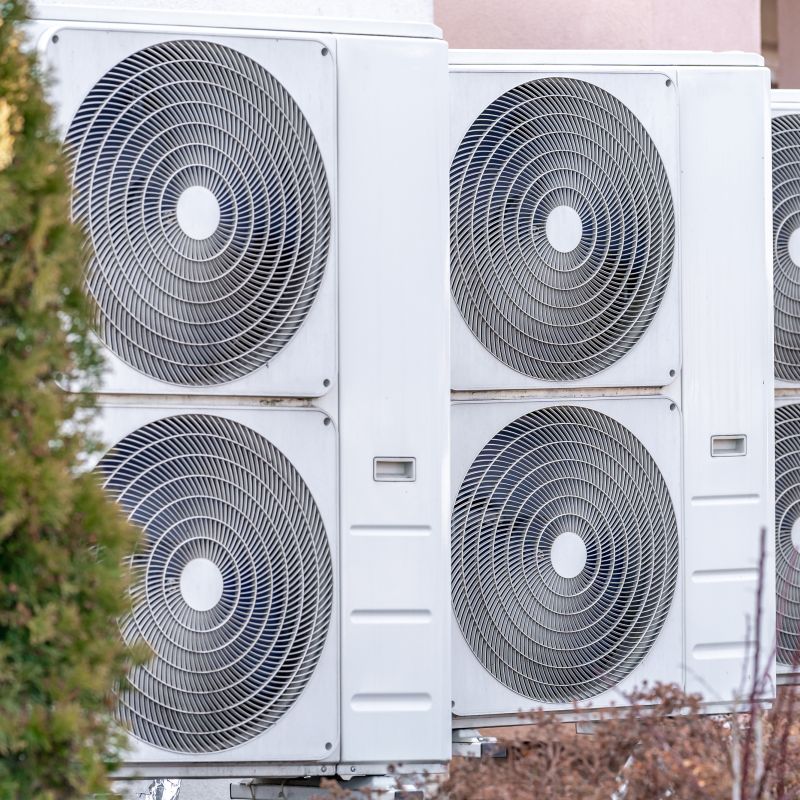If you are registering for a network or retail exemption, you will need to fill out our registration form.
On this page
Sidebar navigation
Networks
Who needs to register for a network exemption?
Running a private electricity network that is accessed by others is illegal without permission.
Under the National Electricity Rules (NER), anyone that engages in an electricity transmission or distribution activity must either be registered with the Australian Energy Market Operator (AEMO) as a network service provider (NSP) or gain an exemption from us to do so.
Examples of situations where electricity supply is incidental to the main purpose of a business include networks within caravan parks, apartments, industrial parks and shopping centres. Electricity networks can also occur in a wide range of industrial, commercial and primary production situations.
A network exemption can relieve the network operator of the requirement to comply with certain technical requirements set out in Chapter 5 of the NER, and the obligation to provide other network users with access on demand to the network.
The AER keeps a register of network exemptions.
Our Network exemptions guideline
We have issued a Network Exemptions Guideline, commonly referred to as our Network exemptions guideline, to assist you in seeking an exemption.
The guideline sets out our approach to network exemptions and includes a full list of the types of activities which are exempt from the requirement to register as an NSP.
The guideline will help you understand:
- who needs to register for an exemption
- which type of exemption you need – deemed, registrable or individual
- how to get an exemption
- the conditions exemption holders must comply with.
You must hold a network exemption for each site where you own, operate or control a private electricity network.
Where there are multiple gate meters, you must include the NMI for each meter in the registration form and reference in the address details, how many NMIs are at the site.
View our Network exemptions guideline
Are you selling electricity?
If you also selling energy to customers within a private network, you also require a retailer authorisation or an exemption from the requirement to have a retail authorisation. Both are administered by us.
Our Retail Exempt Selling Guideline contains information on retail exemptions, including a full list of the classes of retail exemption available. The AER has a common registration process for both types of exemption (network and retail) to make this process a little easier.
Network exemption classes
Our Network Exemptions Guideline defines three broad classes of network exemption:
- Deemed exemption
- Registrable exemption
- Individual exemption
Deemed exemption
If you are eligible for a deemed exemption, you do not need to submit an application or to register your activities with the AER. Instead, you are ‘deemed’ to fall within a particular class of exemption. However, you still need to comply with the conditions attached to the relevant class of deemed exemption as listed in the Guideline.
Registrable exemption
If you are eligible for a registrable exemption, you must register your network activities with the AER by completing the online registration form located above and submit it to the AER. You will need to comply with the conditions attached to the relevant class of registrable exemption.
This type of exemption doesn't have an approval process. By submitting the form, you are consenting to publishing your exemption on our public register. Please do not include confidential information in your registration as they are not reviewed before publication. If in doubt, contact us first before registering to discuss the information to be published.
It is your responsibility to ensure you complete the registration form correctly and comply with the conditions attached to your exemptions specified in the Retail Exempt Selling Guideline or Network Exemptions Guideline.
Individual exemption
If your network activities do not fall under one of the AER’s classes of exemption, or if you are seeking a variation of conditions otherwise applicable to one of the defined classes of exemption, you must apply to the AER for an individual exemption. The AER will assess applications for individual exemptions on a case-by-case basis.
These applications must demonstrate how the customers of the network will be better served if a condition is varied. Changes which are merely convenient for the applicant are unlikely to be approved. To apply for an individual exemption, please talk with us first.
Exemption conditions
All exempt networks are subject to conditions to ensure appropriate consumer protections are in place for the customers they serve. These include:
- access to retail competition
- safety
- dispute resolution
- metering and pricing.
Even if your network is in a ‘deemed’ category, if you fail to observe the relevant conditions your exemption will be invalid and you will be operating illegally.
This may expose you legally to a penalty under the National Electricity Law or other relevant legislation. The conditions are in Part B, Section 4 of our exemption guideline.
Dedicated connection assets
Dedicated connection assets (DCAs) are privately owned and operated connection assets that provide the services required to connect you to a shared transmission network.
A DCA connects you using a single connection point that can be isolated from electricity flows on the shared transmission network, e.g. the power line that connects parts of a substation to a generating system.
The National Electricity Rules require us to publish a register of existing DCAs and access policies we have approved.
View the DCAs register and policies we have approved
Public register of network exemptions
We keep a public register of everyone who has an individual or registrable network exemption.
This register contains additional information including the location of the exempt network, the class of exemption, the date the exemption was granted and applicable conditions.
